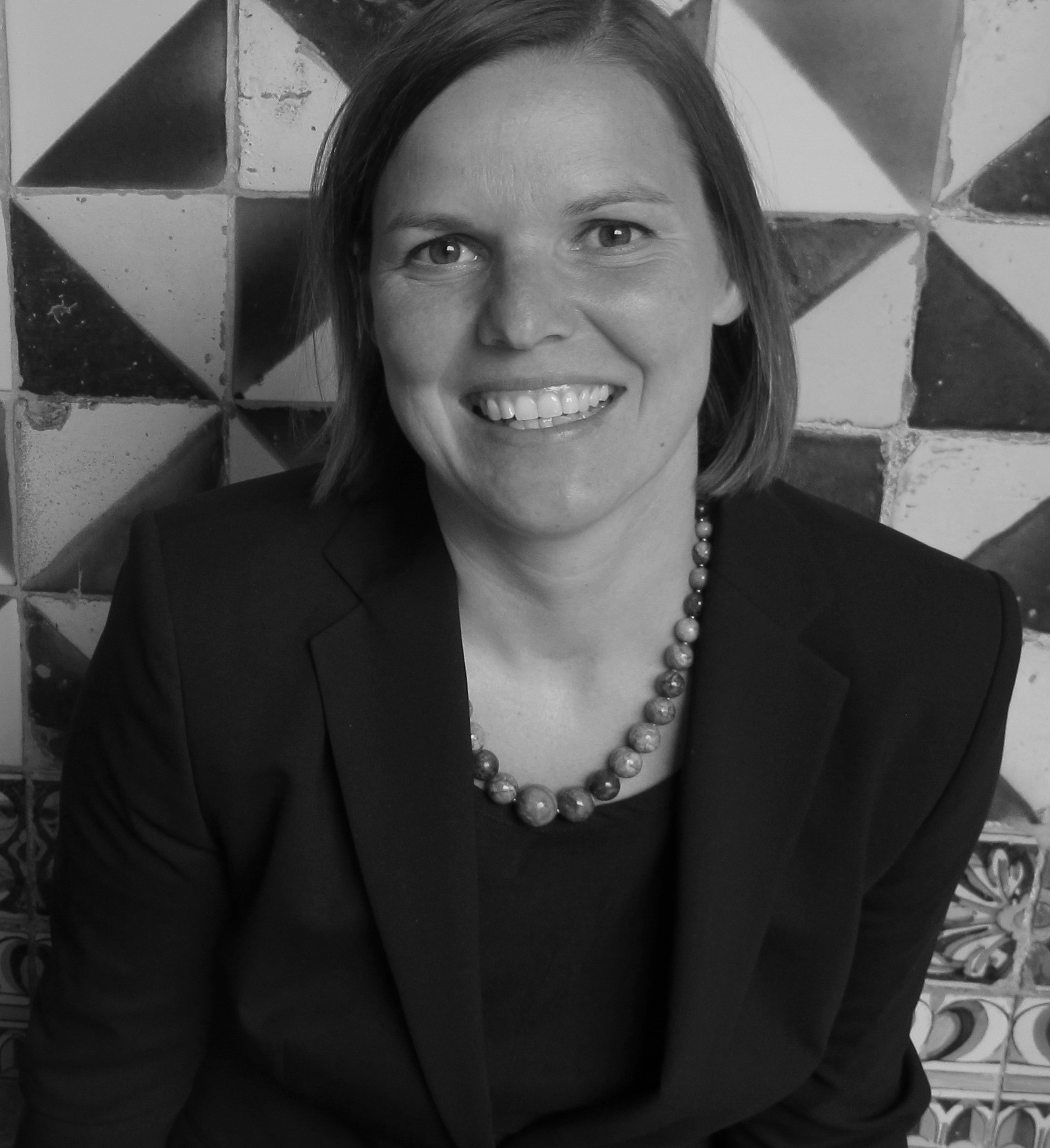




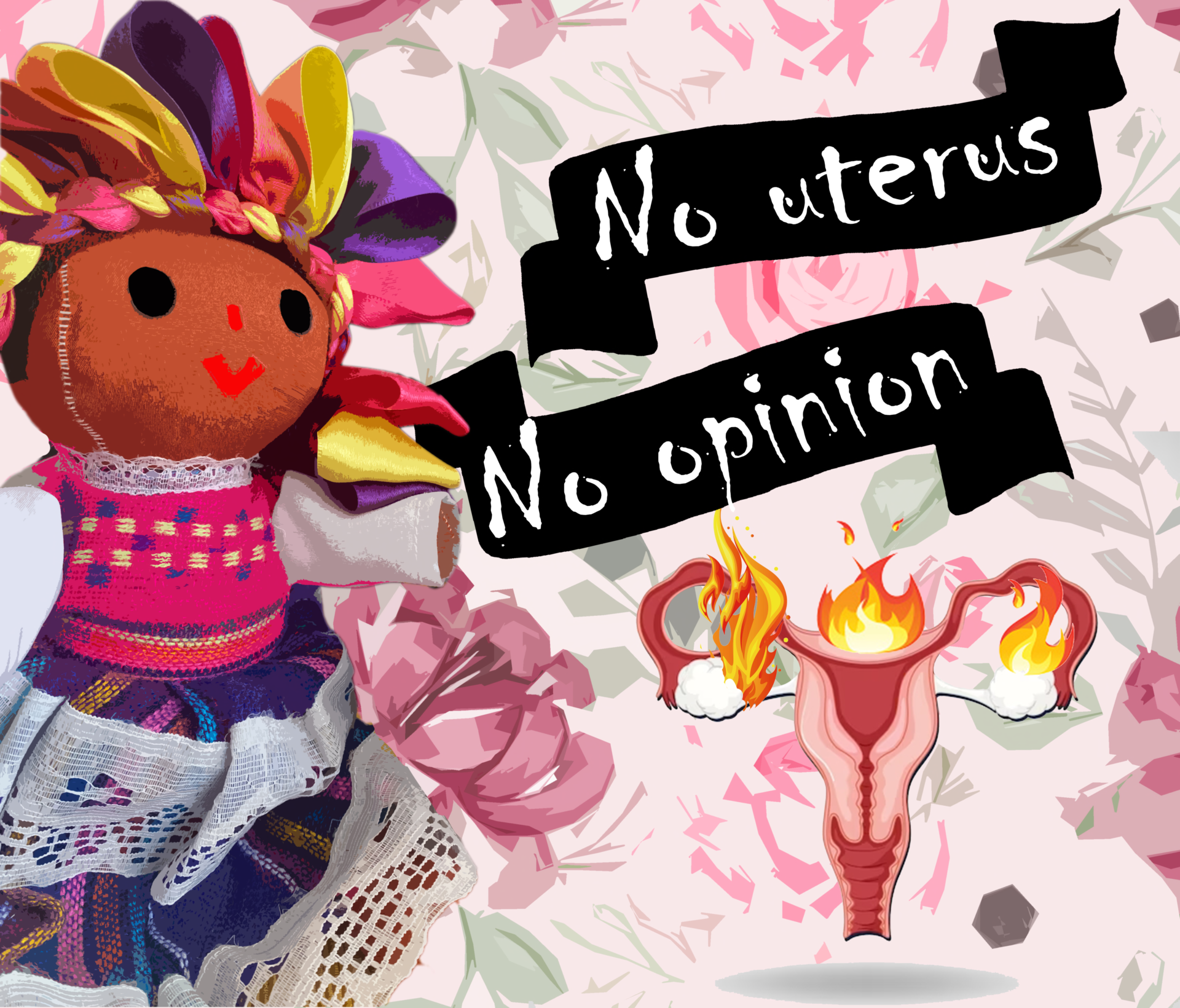
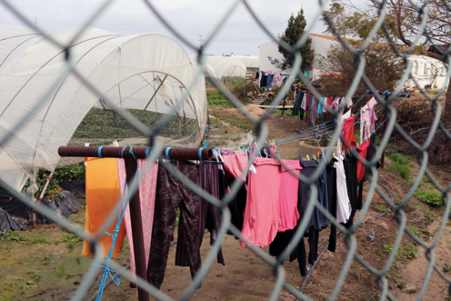
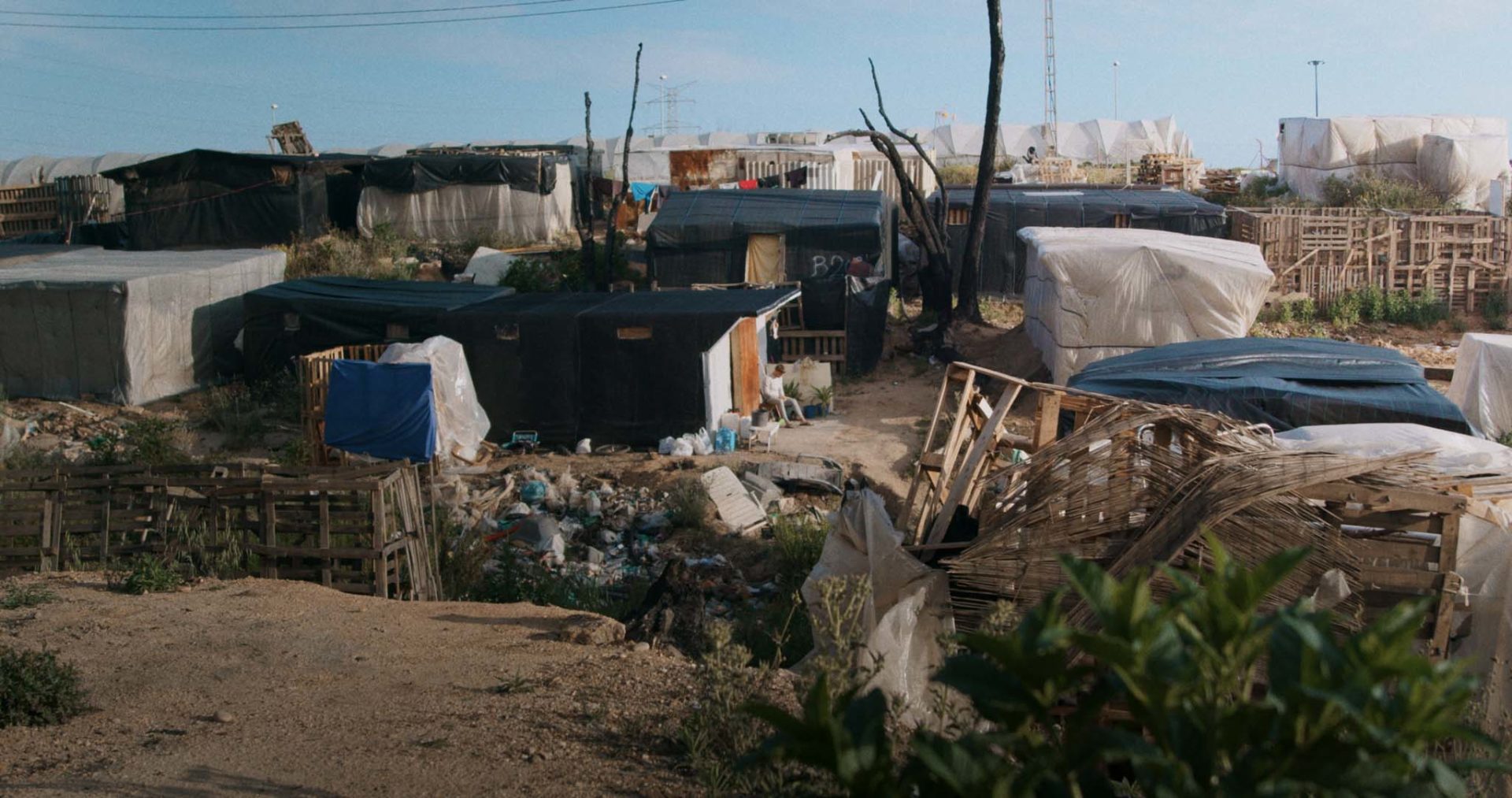
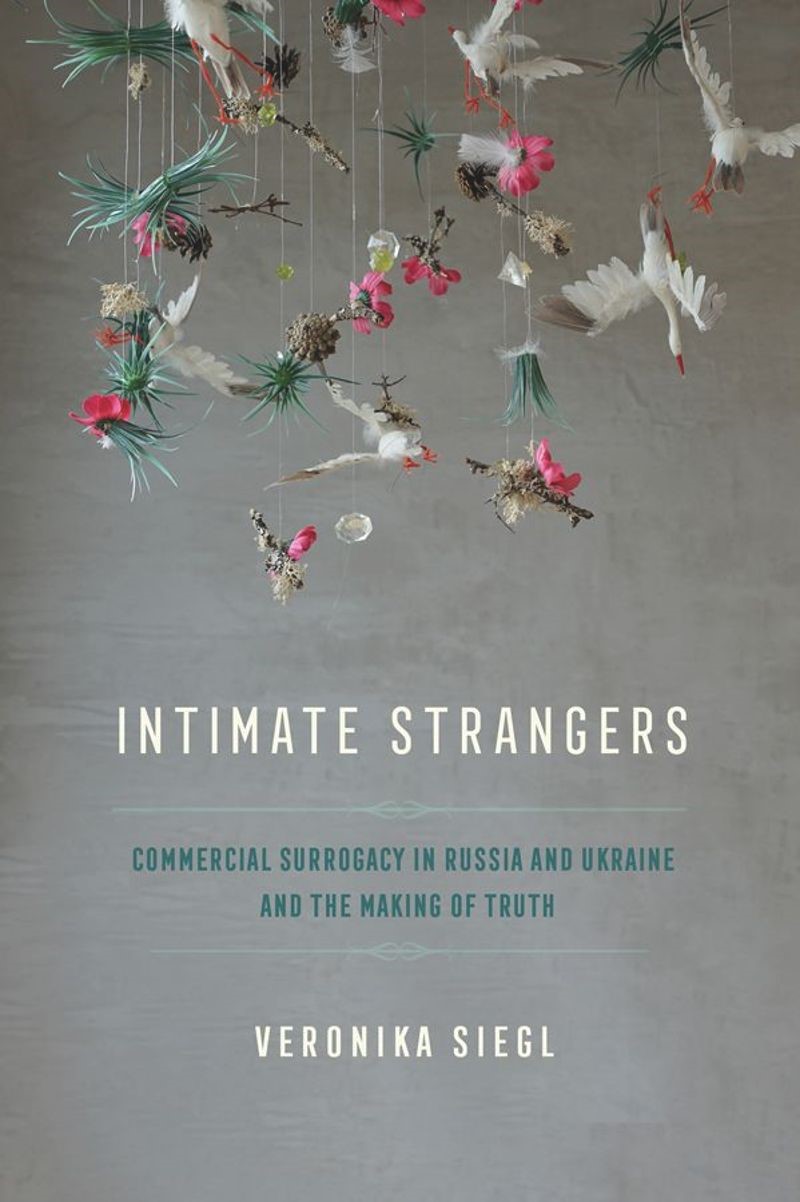





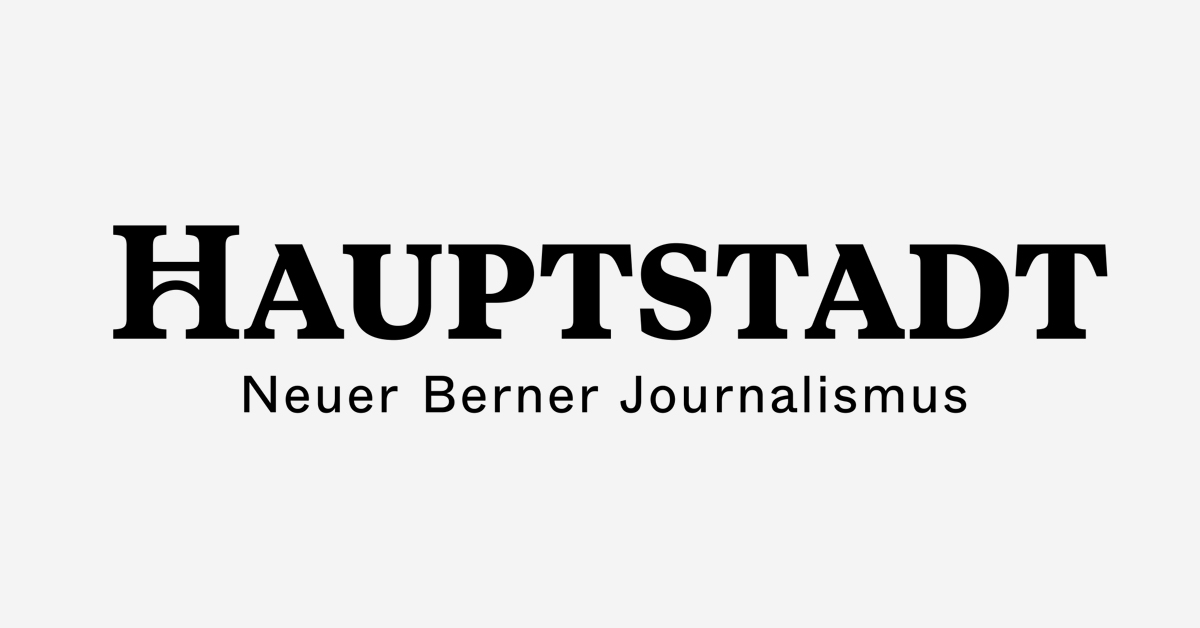




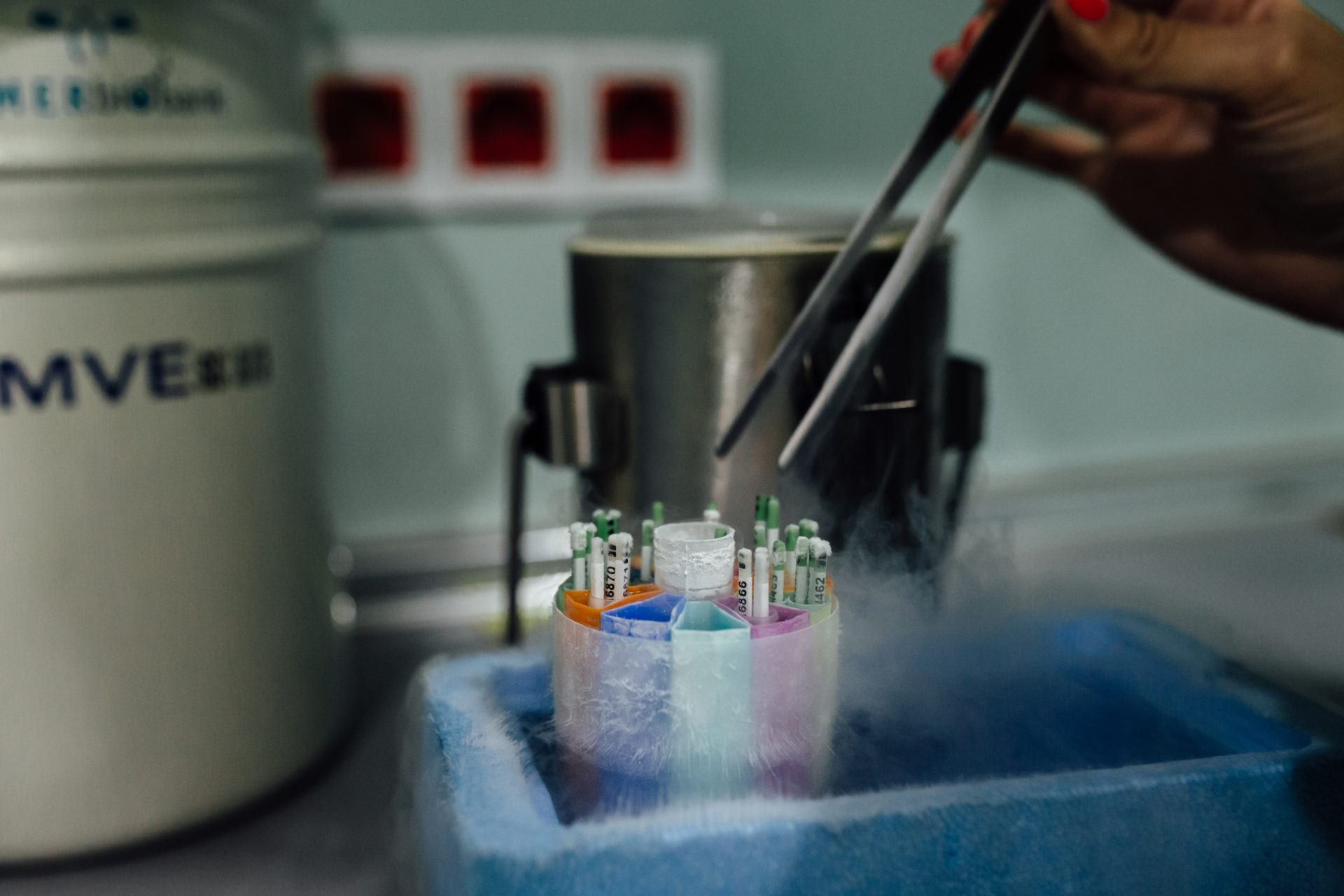





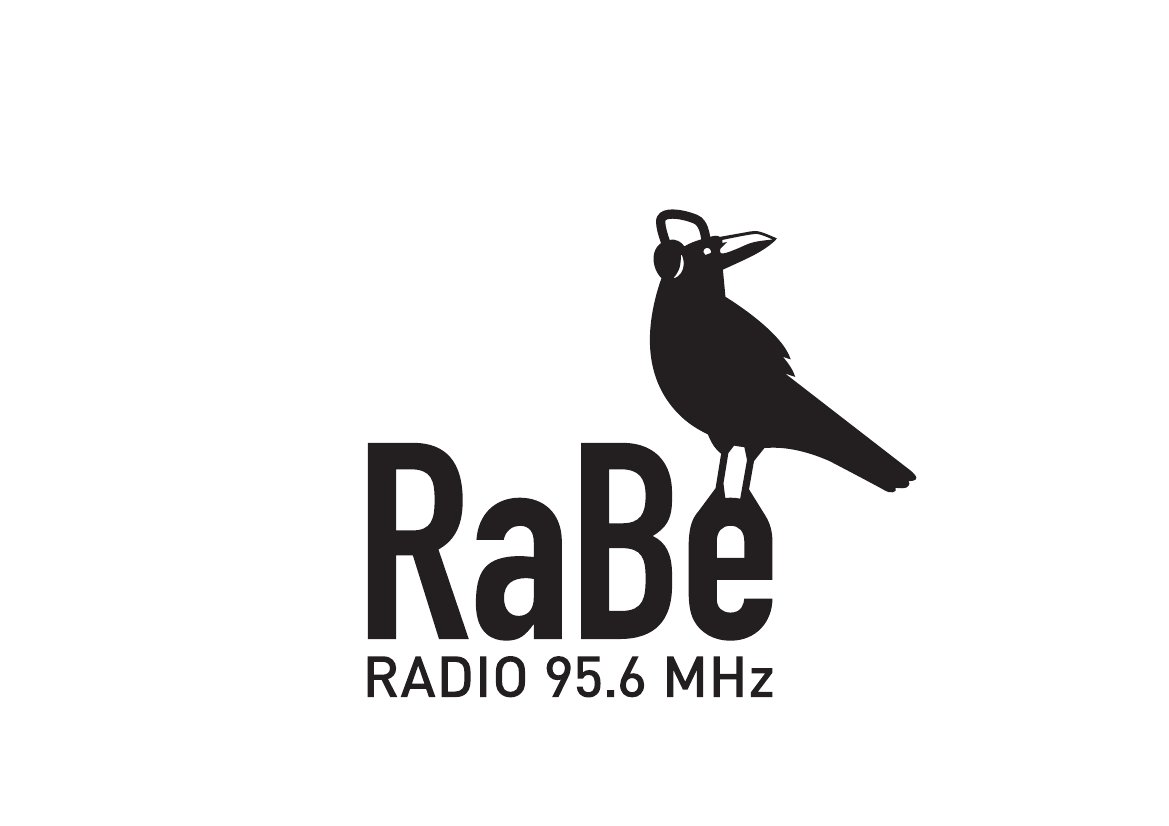

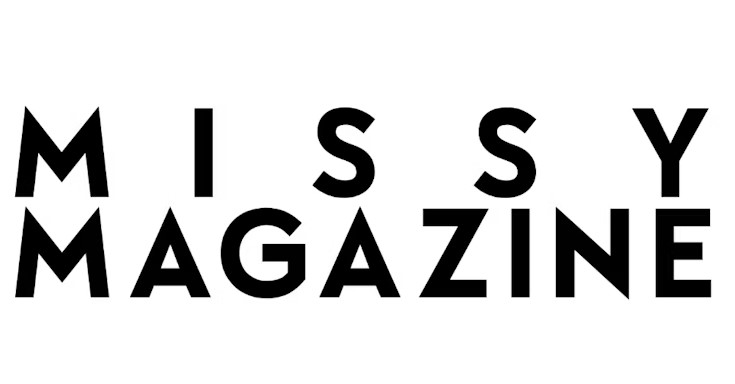



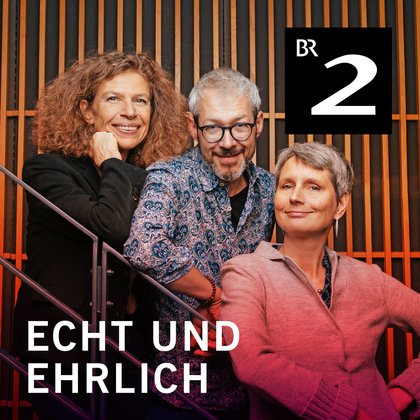

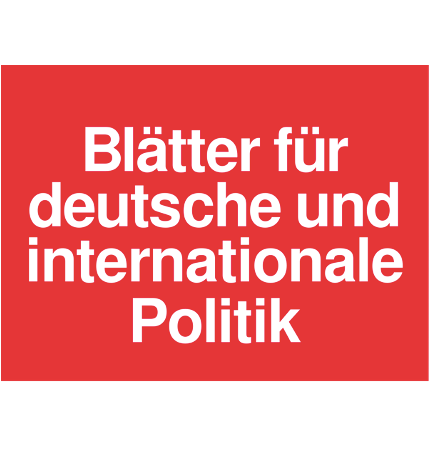



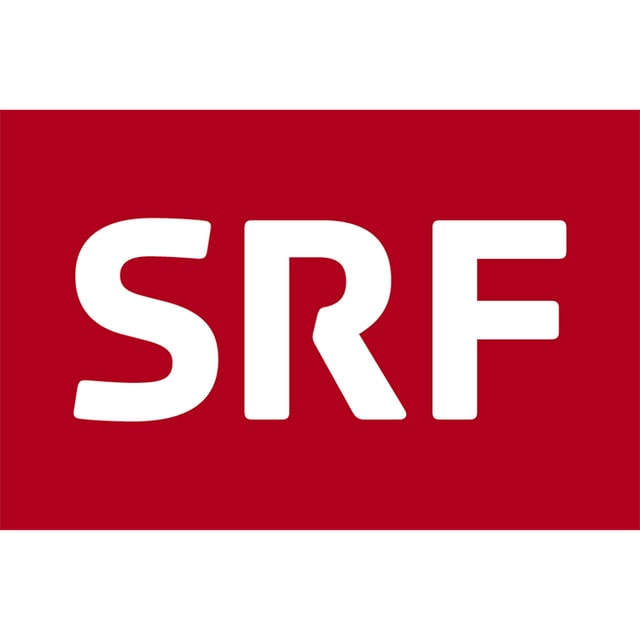
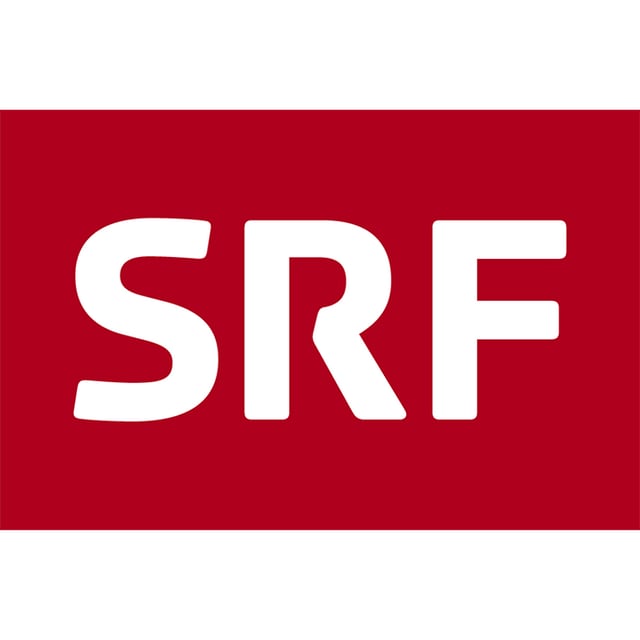
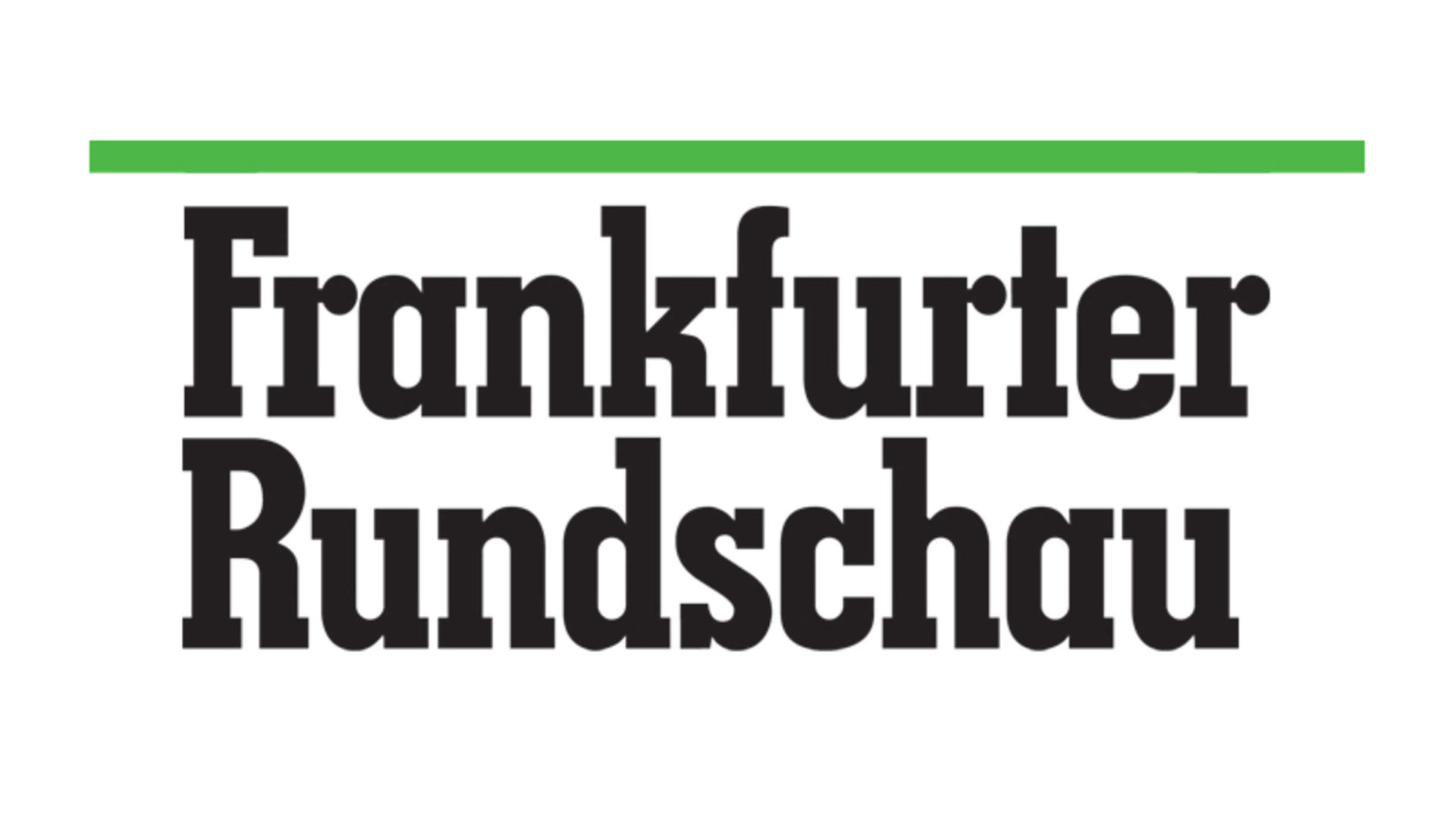
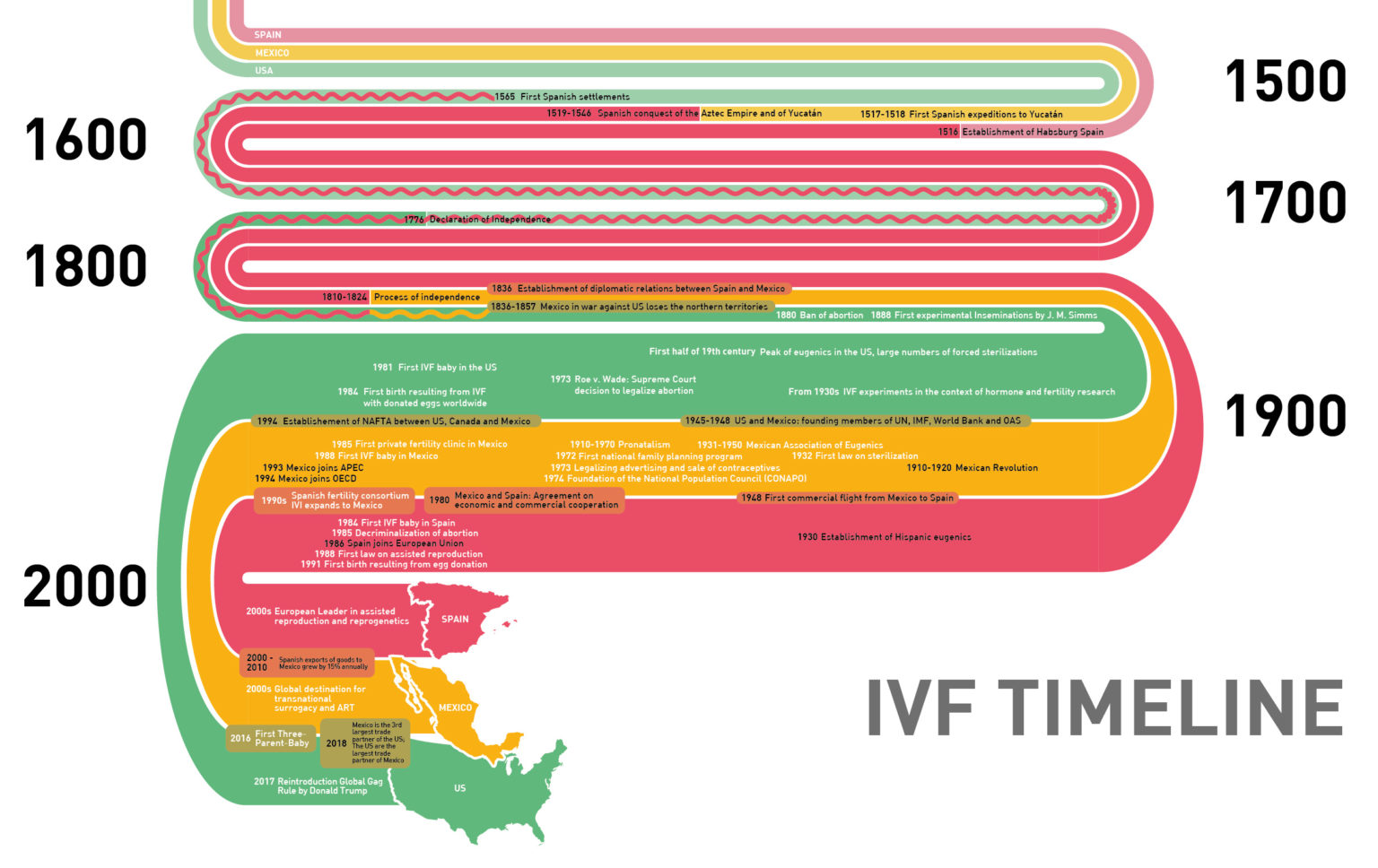



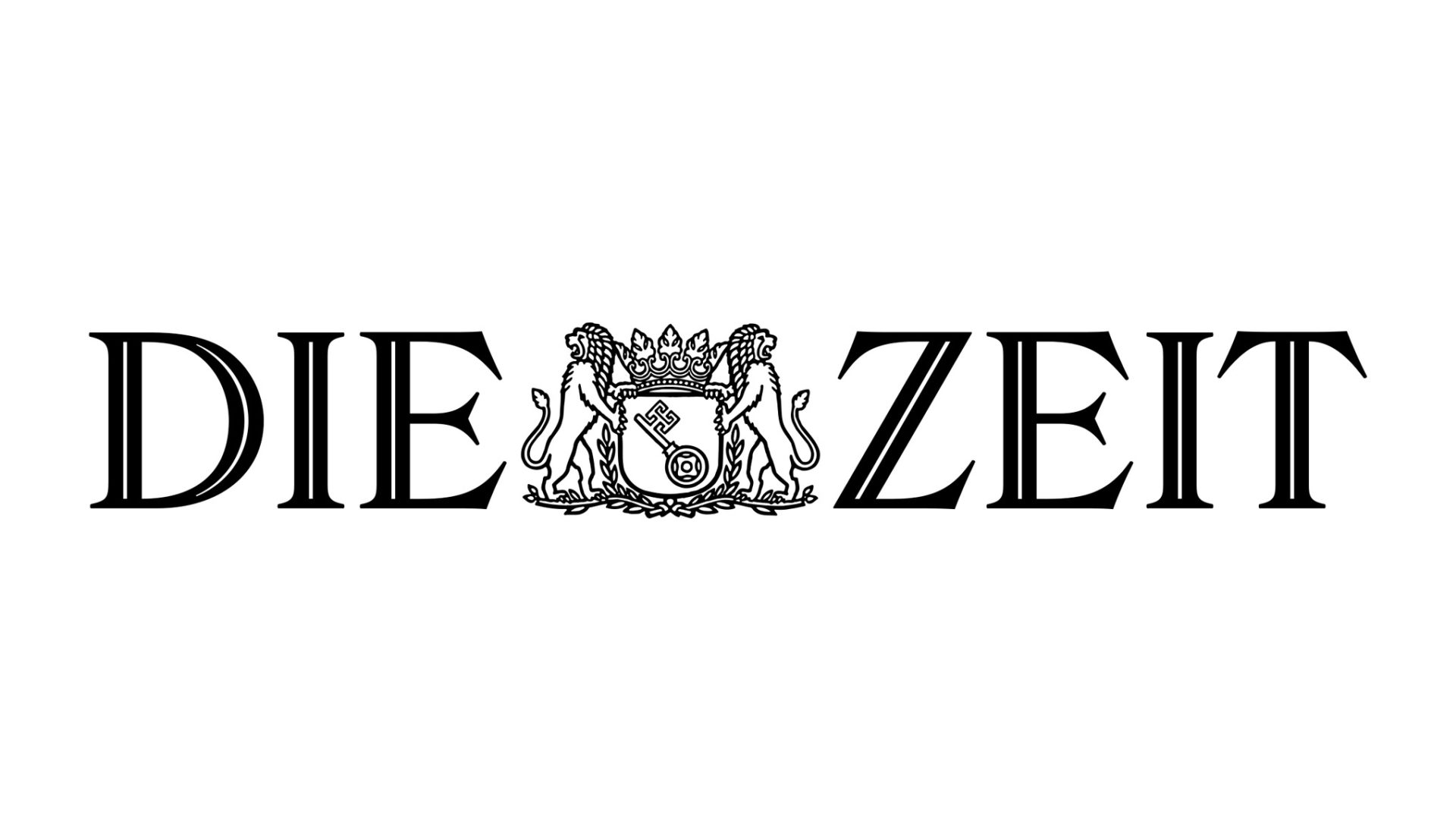



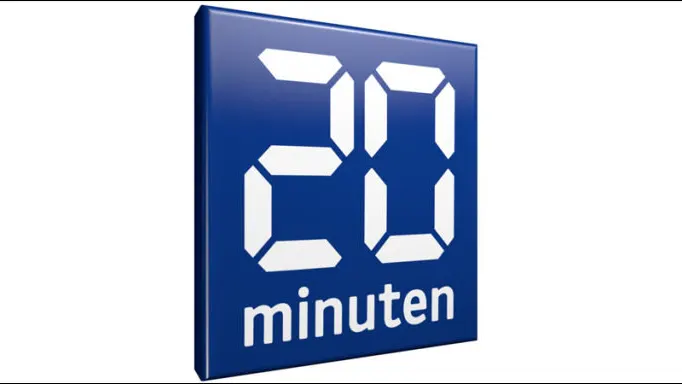




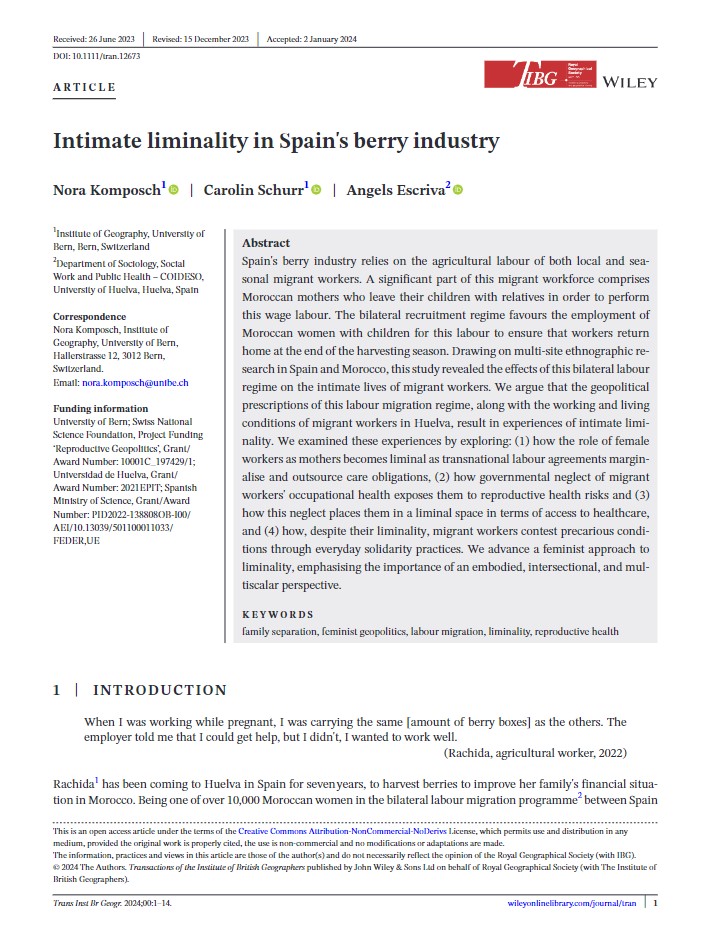


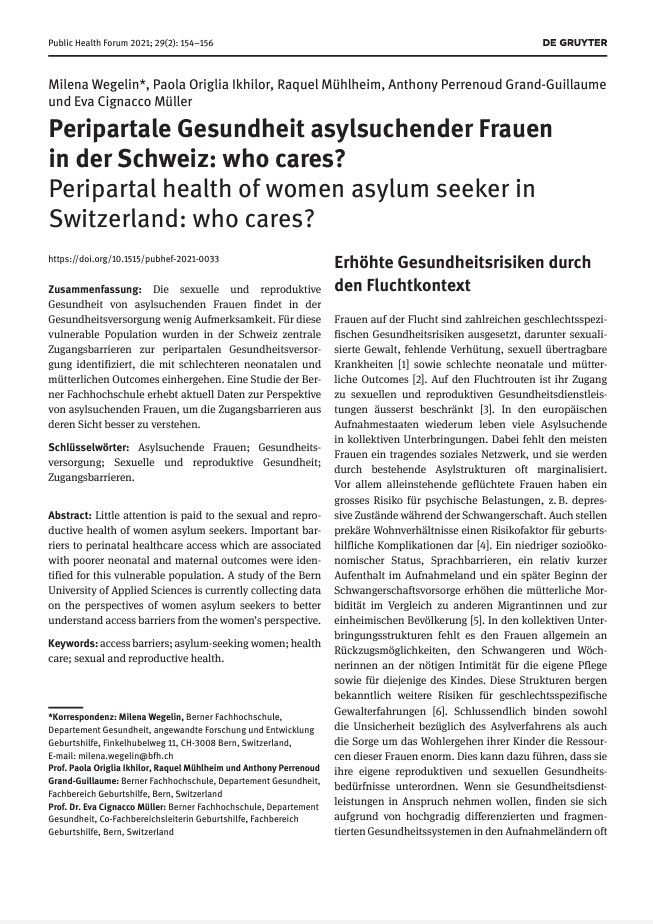
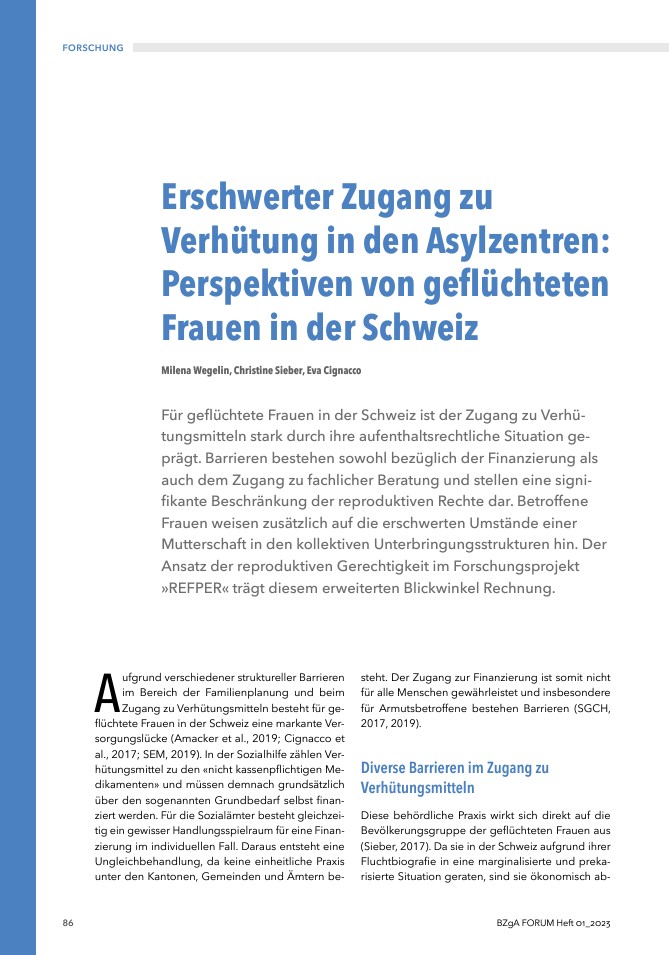
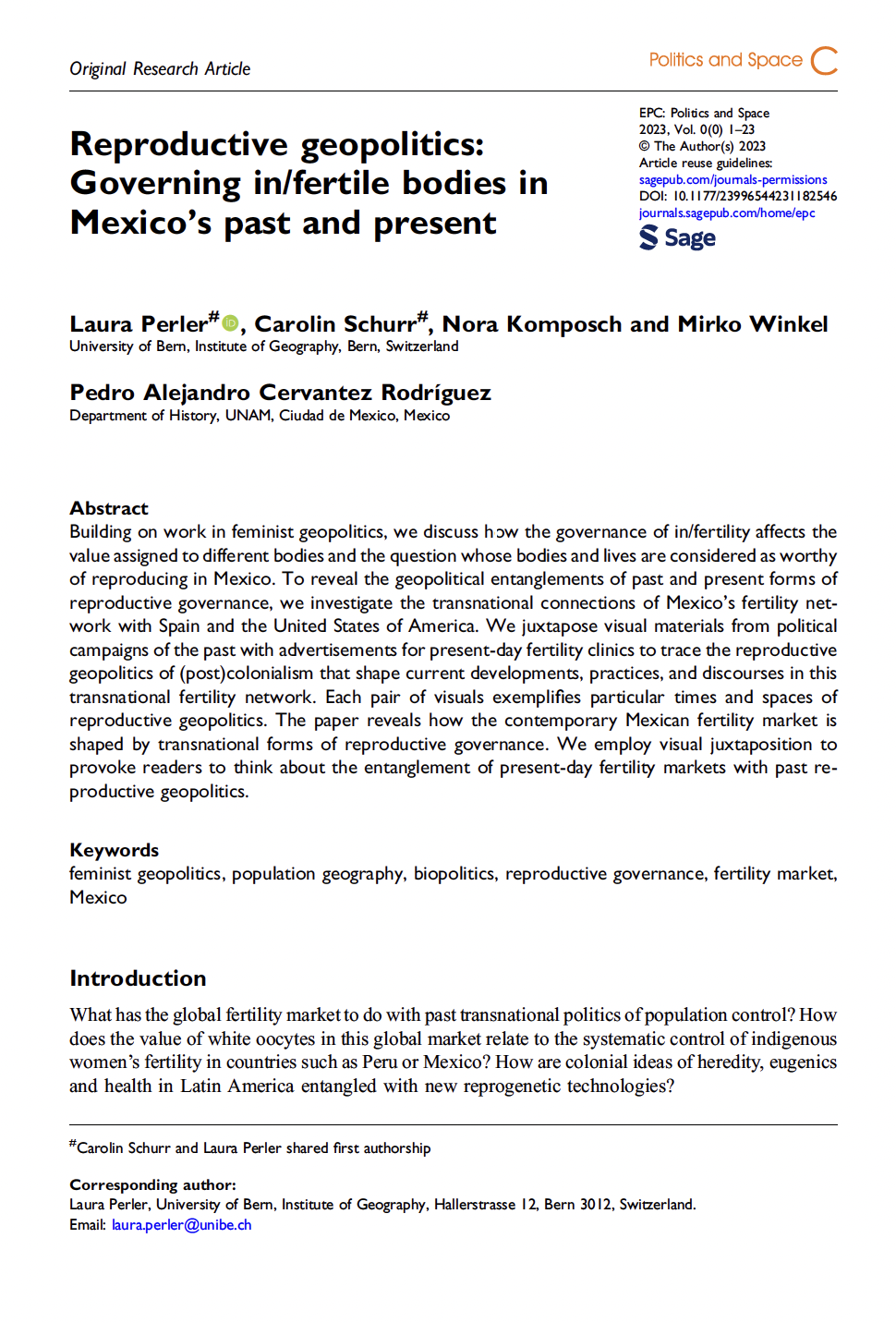
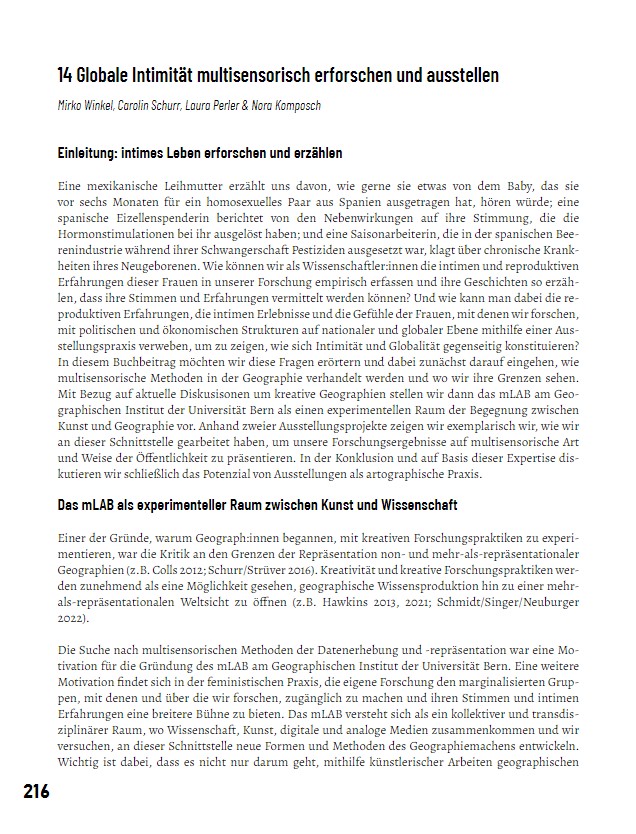
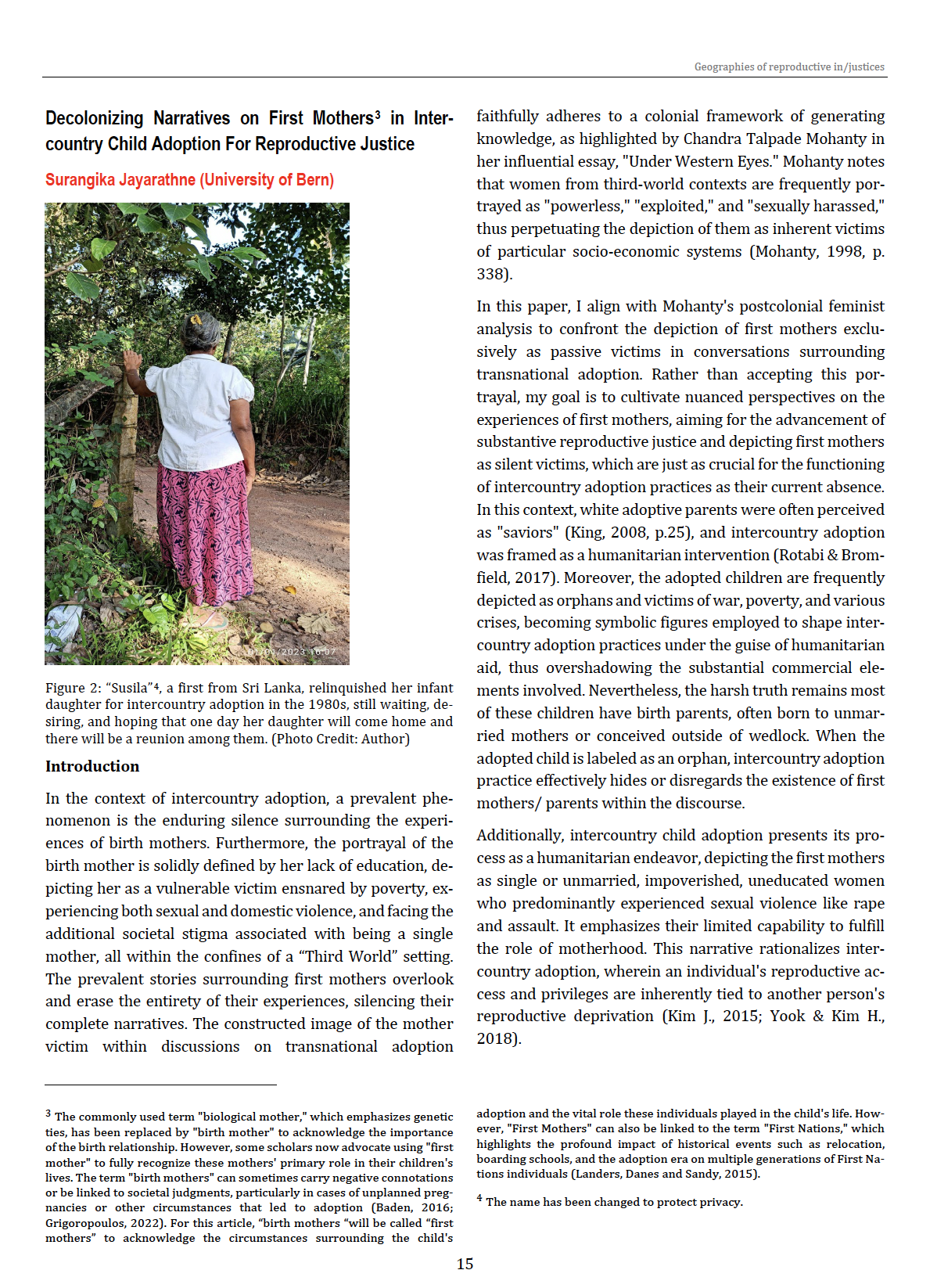
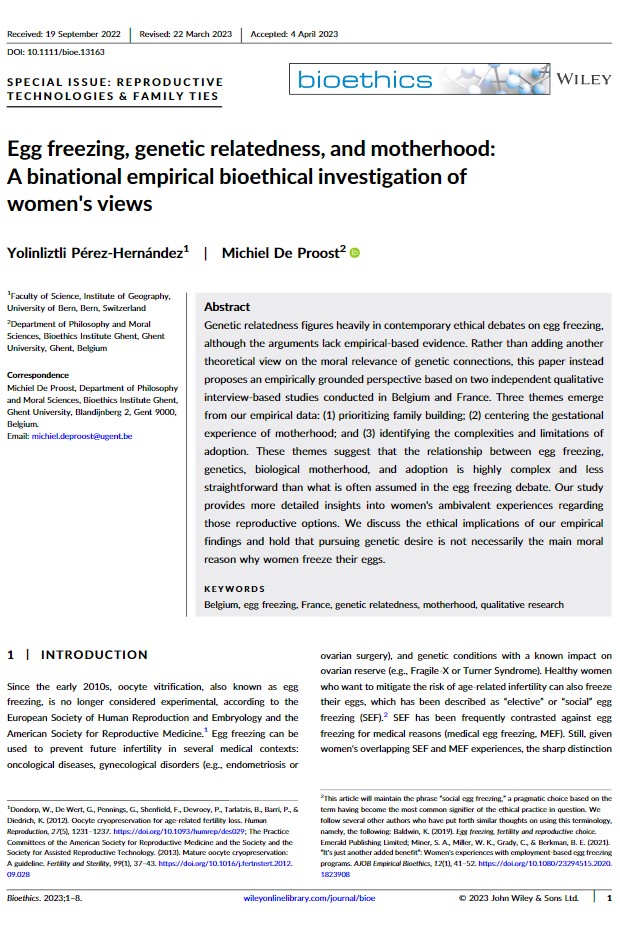
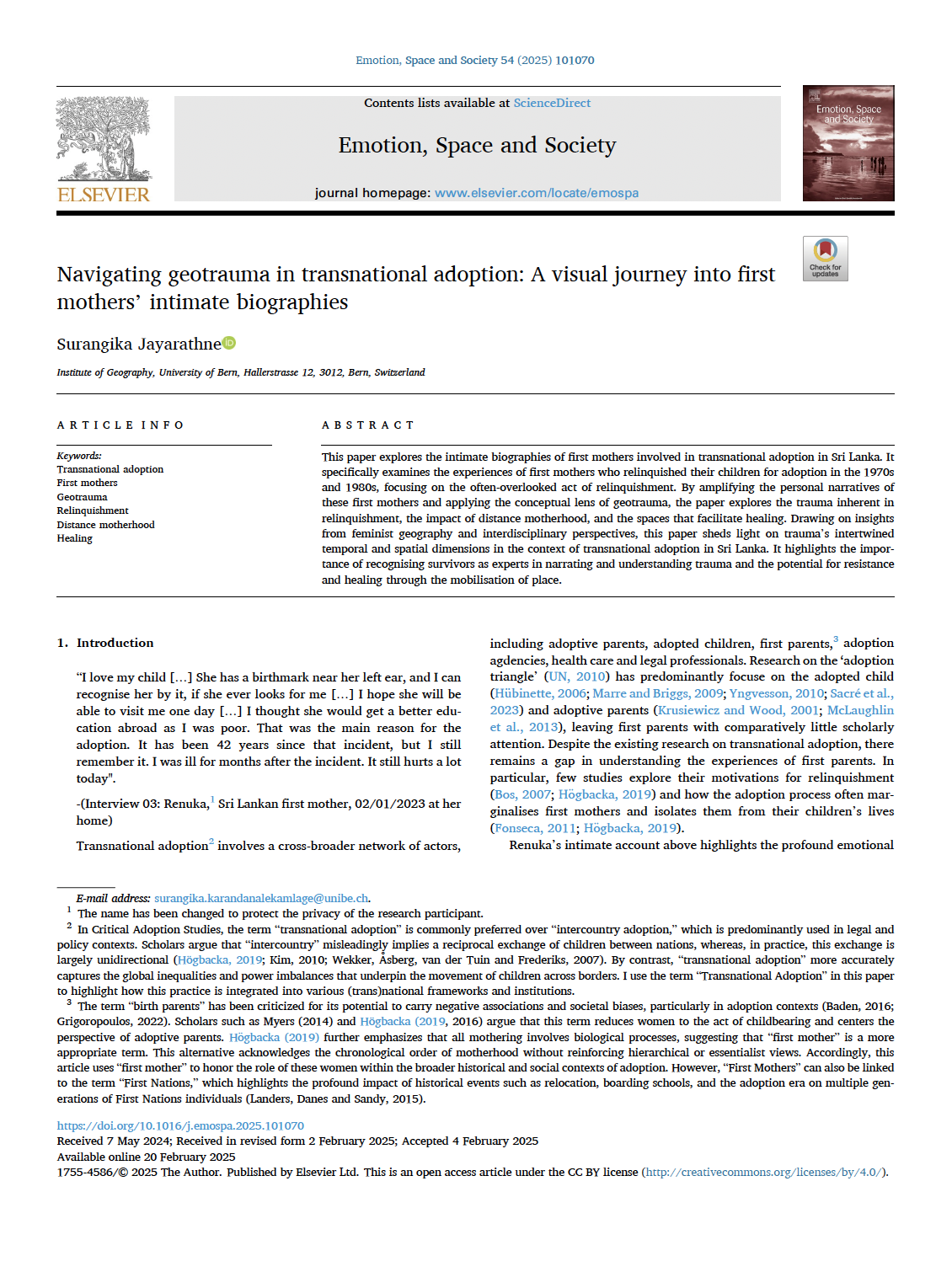

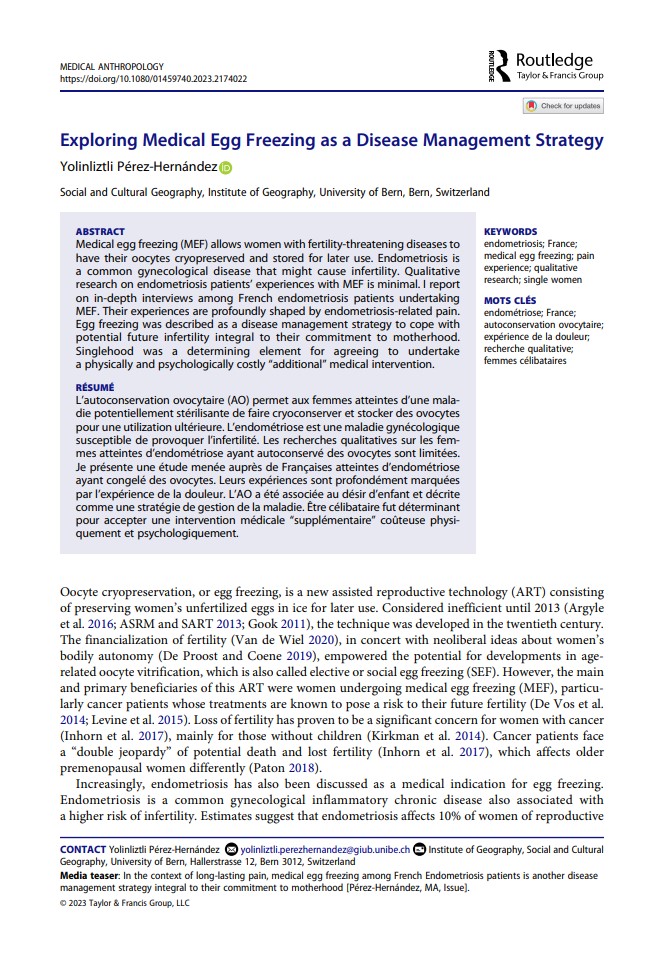
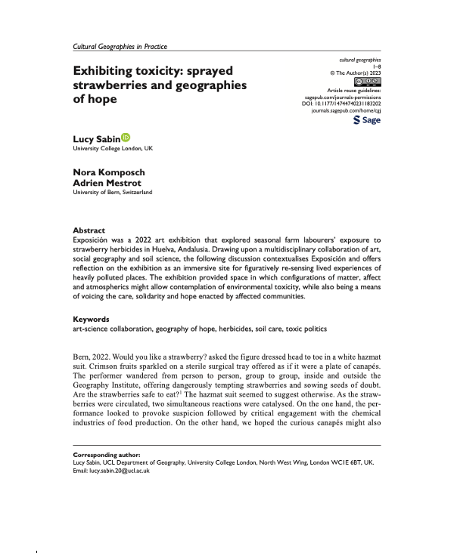
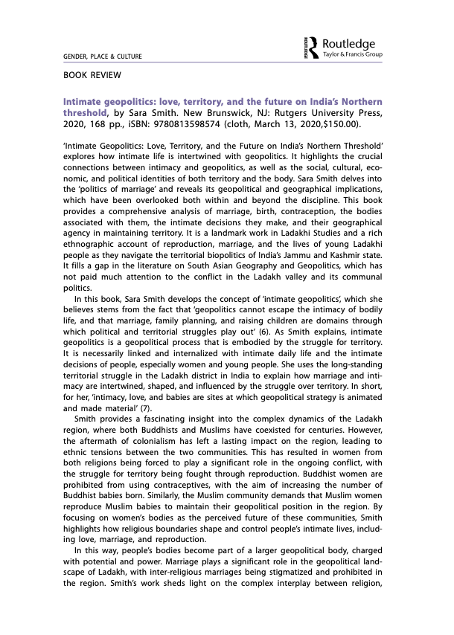
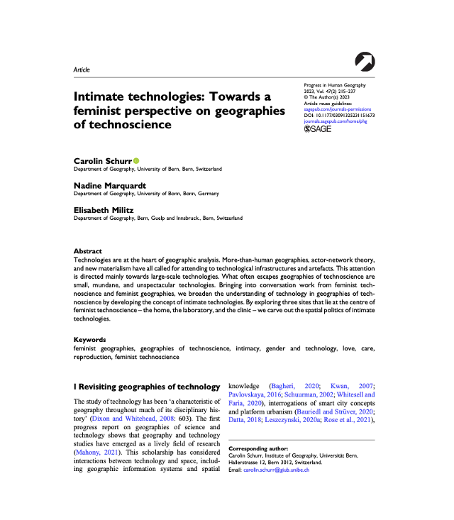
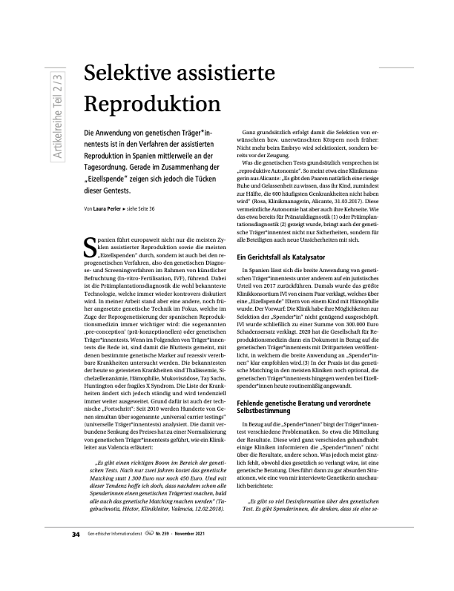
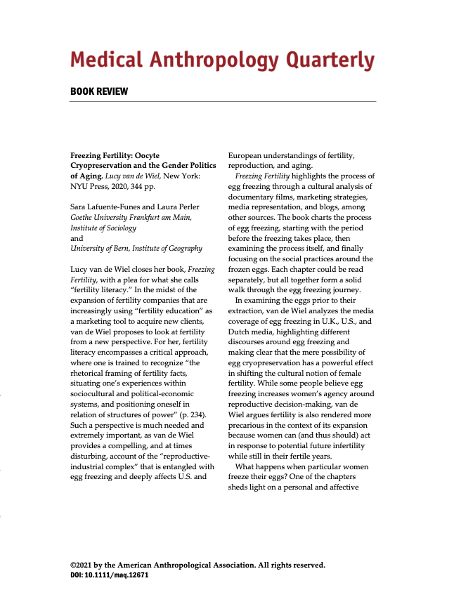
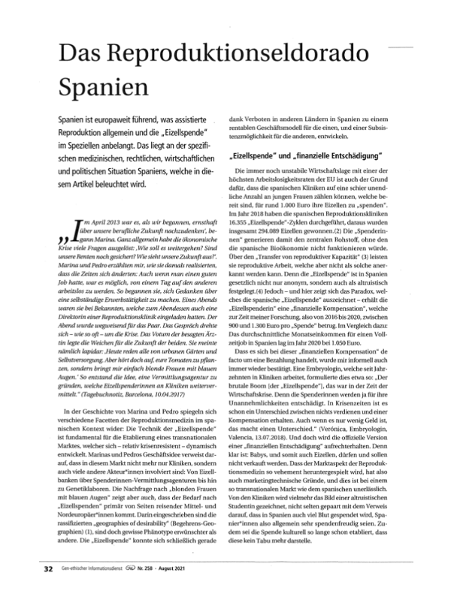

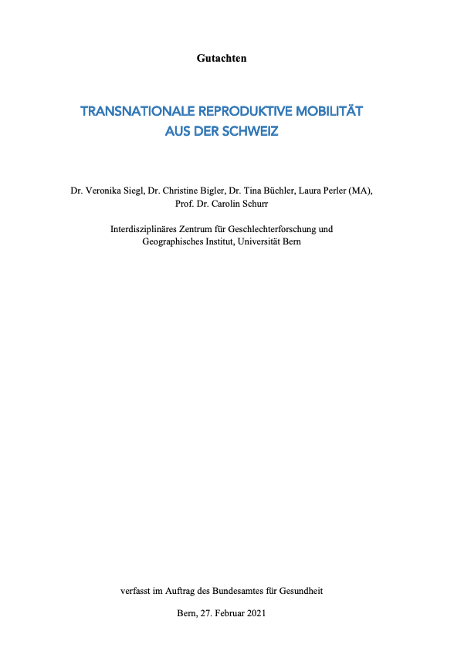
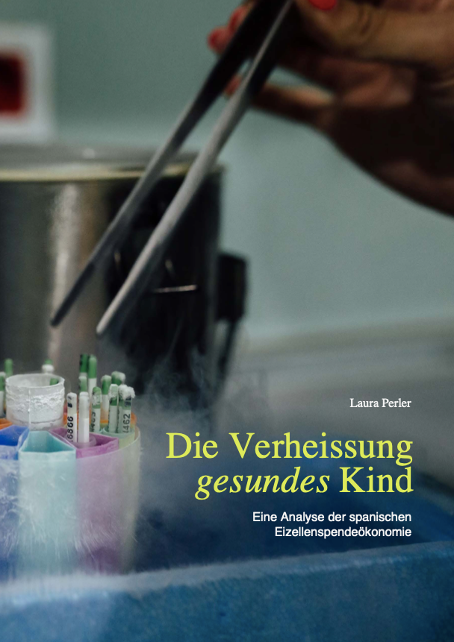
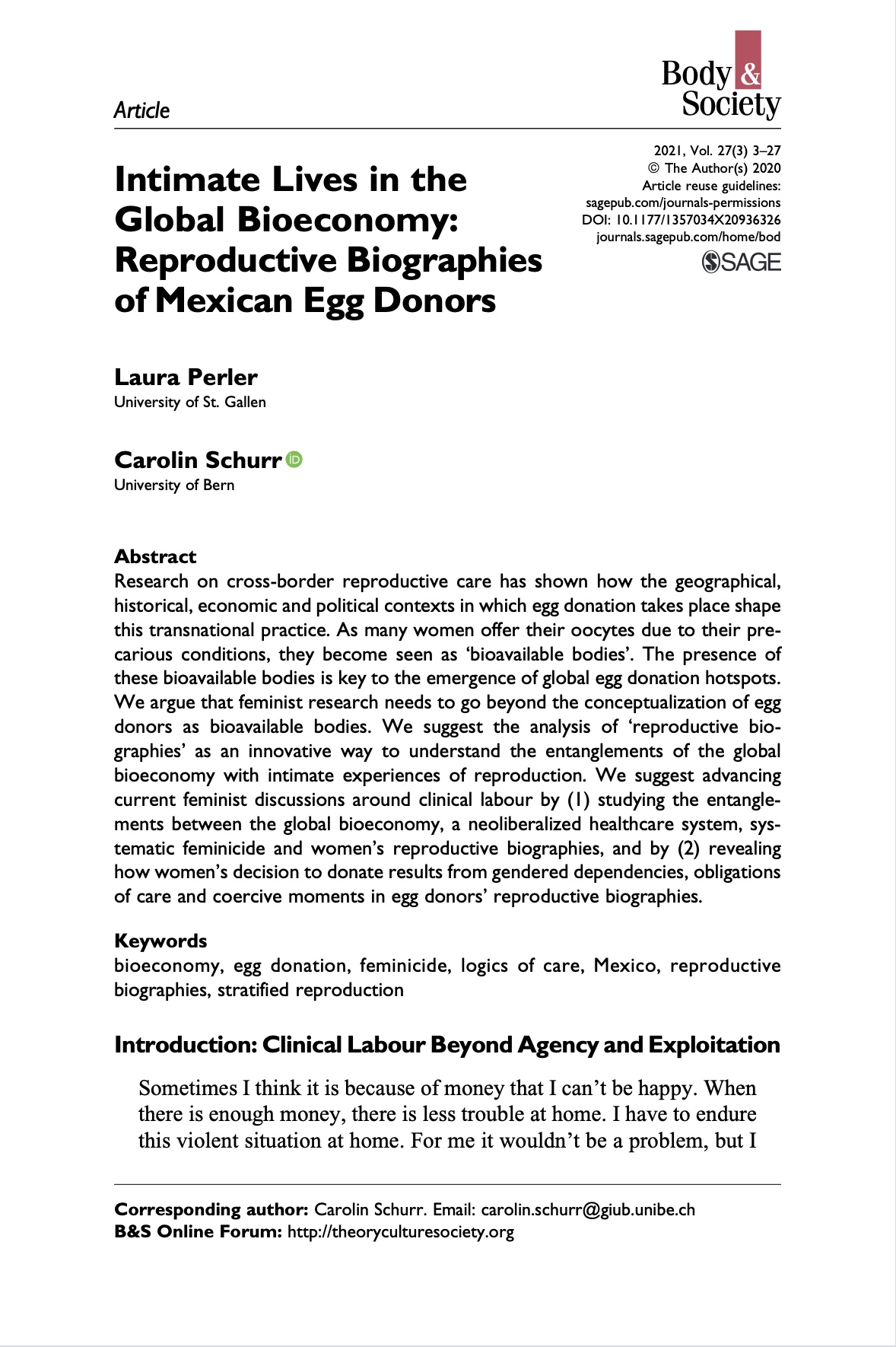
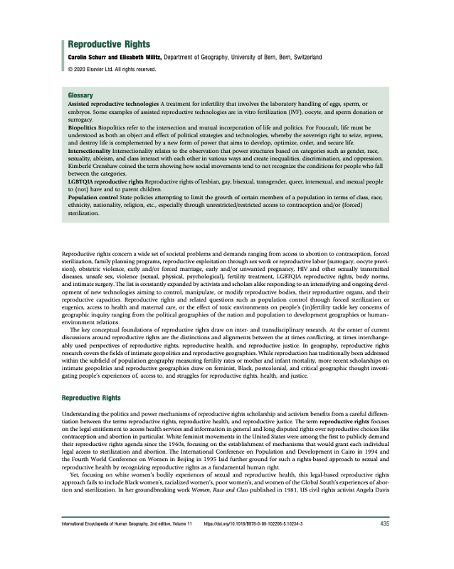
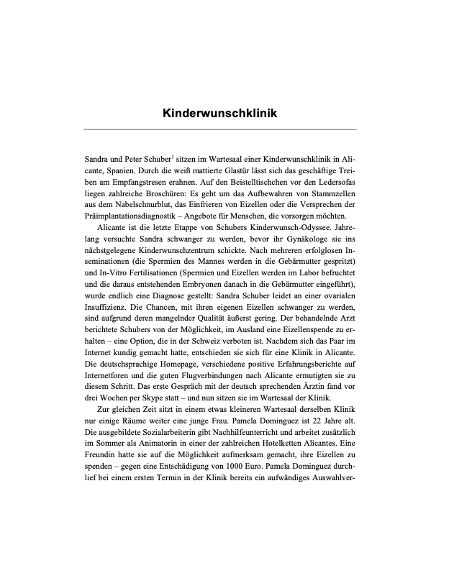
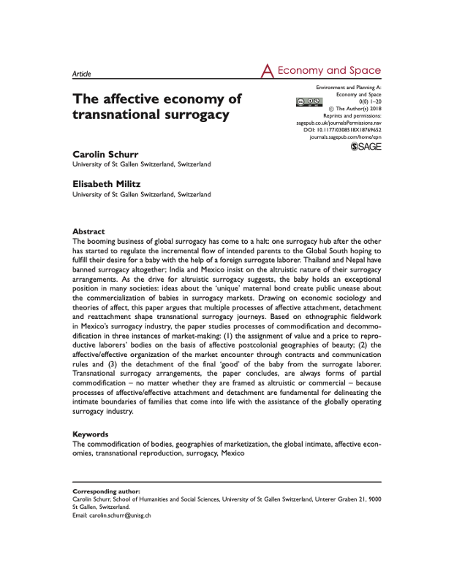
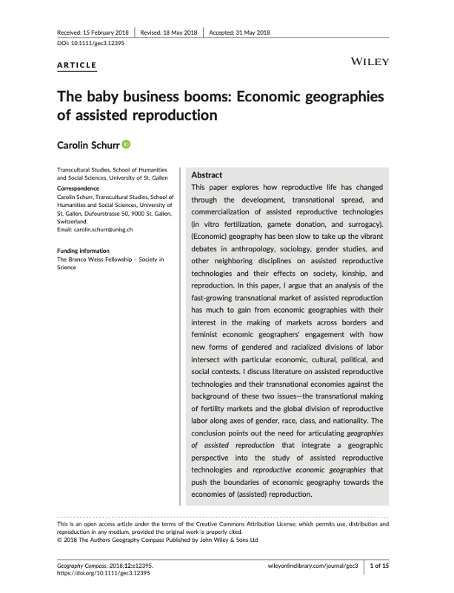
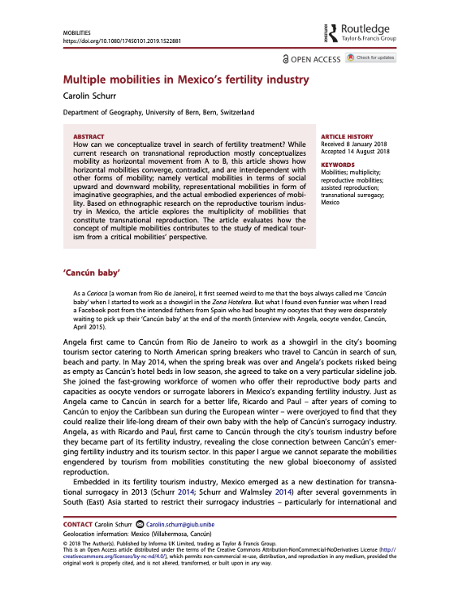
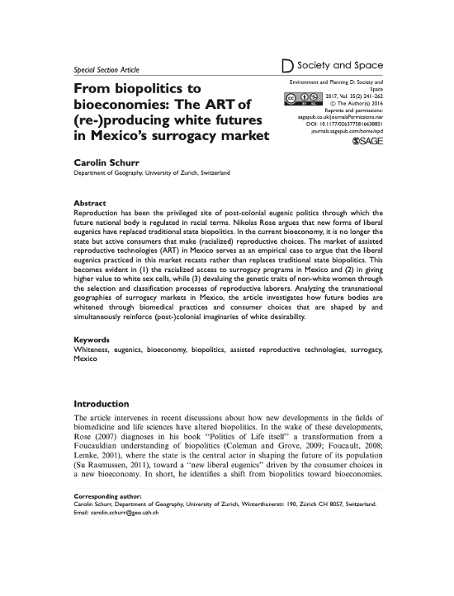

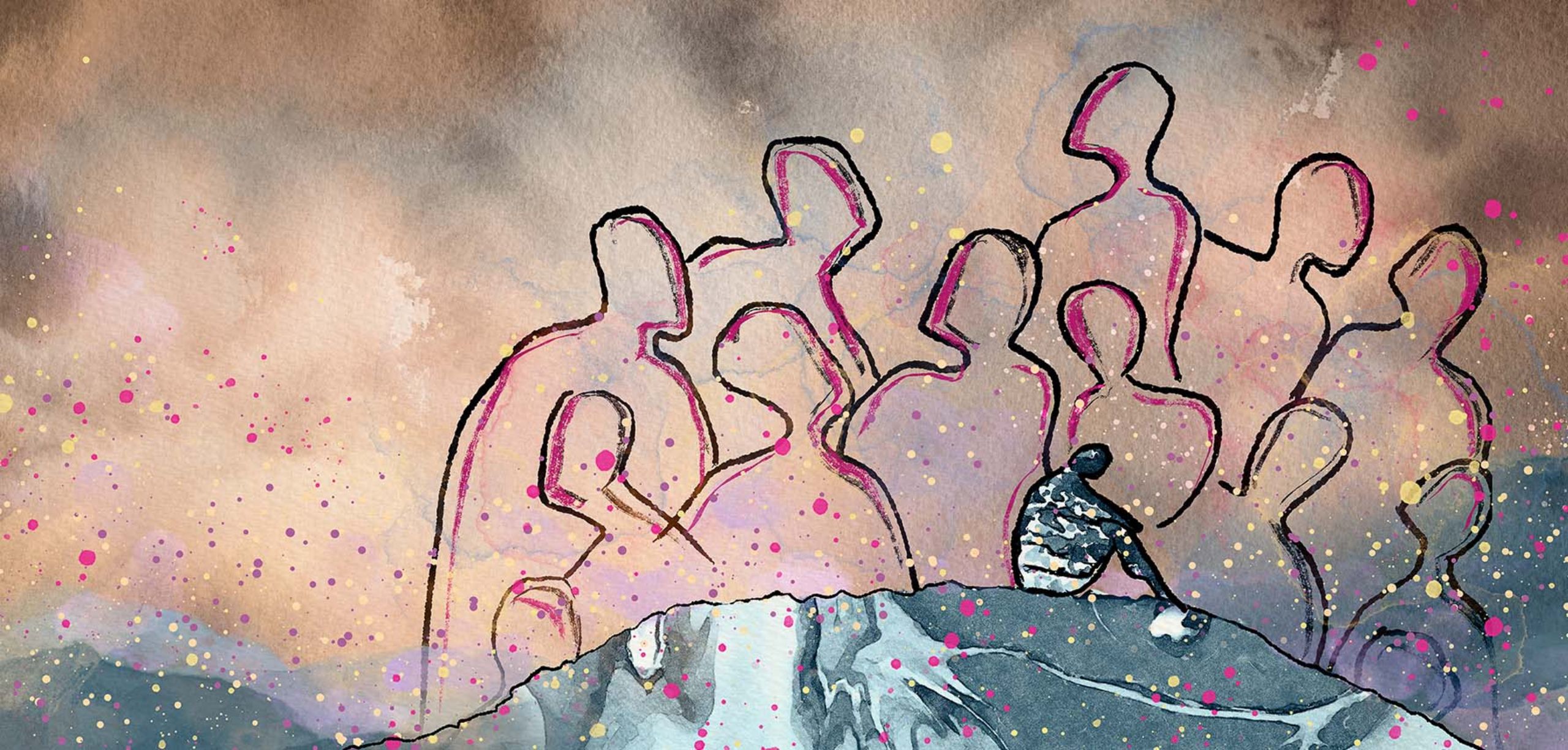
Asylum seekers in Switzerland have only restricted access to reproductive health care and their specific health risks are often not taken into account (Cignacco et al. 2018; Amacker et al. 2019; Kurth et. al 2010 ). Further, unconsented sterilizations and deportations which led to miscarriage while pregnant have been reported in several media reports. Access to reproductive health is often shaped by a lack of information about the Swiss health care system due to language problems, insufficient or nonexistent medical interpreters, and in the case of asylum-seeking women by their disrupted journeys through multiple institutions which leads to a general discrimination within the health care system (Cignacco et al. 2018). Furthermore, the accelerated asylum procedure in force since March 2019 creates a new temporality in which asylum seekers pass even faster through the asylum system and are tied to specific integration politics (in case asylum-seekers get accepted). The accelerated system consists of multiple locations, including federal reception centers, cantonal centers, and private housing organized at municipal level, different modes of management of those spaces through profit as well as non-profit organizations such as ORS, Caritas, and the Salvation Army, and different cantonal legislations and procedures with regard to access to reproductive health.
The subproject studies how women’s access to reproductive health is complicated by Switzerland’s multiscalar asylum system and how it is further shaped by the subsequent integration politics. An explicit geographic focus on the spatiotemporal disruptions in women’s journey through the Swiss asylum and integration system reveals much about the stratified access to reproductive health of refugee women in Switzerland. Laura Perler and Milena Wegelin are researching the reproductive biographies of refugee women in Switzerland against the backdrop of current migration regimes, populist narratives about the threatened Swiss community, changing legislation, and networks of solidarity. They analyze how the multiscalar asylum system in Switzerland and the resulting spatiotemporal disruptions in women’s asylum journeys complicate women’s access to reproductive health and how women contest access to reproductive health regarding pregnancy, birth, abortion, or contraception.
The project seeks to understand the different scales of asylum and integration politics by looking at different scales: The broader legal frameworks, it’s implementation at a federal as well as cantonal level in everyday practice, as well as the intimate experiences of asylum seeking women. The research aims therefore to look at the linkages between asylum and integration policy within the migration regime and how it is enmeshed with discourses on reproduction and population, imaginaries of an (un)desired integration and the specific politics of care and reproduction in Switzerland. Specifically, they examine how such a policy affects the everyday practices of social workers and health practitioners, the lived realities of asylum seeking and refugee women and their intimate experiences of reproduction. Methodologically, the project draws on semi-structural and biographical interviews with politicians and policy makers, social workers, healthcare practitioners and refugee women. Additionally, they will analyse both policy-texts and media reports on (un)desired asylum seekers and refugees. Finally, they aim to explore different affectual methods, such as body mapping or video diaries to capture the intimate experiences of those policies. Through this subproject Laura and Milena seek to understand the dynamics and the entanglements of the multi-scalar asylum system and the related migration politics, sheding light on the specific reproductive geopolitics of the Swiss Asylum system.
This subproject is being realized in collaboration with Milena Wegelin.

Anne-Laurence Graf, and Christina Hausammann. 2019. ‘“Analyse Der Situation von Flüchtlingsfrauen”. Zur Situation in Den Kantonen BERICHT ZU HÄNDEN DES STAATSSEKRETARIATS FÜR MIGRATION (SEM) UND DER SCHWEIZERISCHEN KONFERENZ DER KANTONALEN SOZIALDIREKTORINNEN UND SOZIALDIREKTOREN (SODK)’. Schweizerisches Kompetenzzentrum für Menschenrechte (SKRM).
Büchler, Alexandra. 2016. ‘Frauen – Flucht – Asyl. Die Situation von Frauen Und Mädchen Auf Der Flucht Und Im Schweizerischen Asylverfahren’. Schweizerische Beobachtungsstelle für Asyl- und Ausländerrecht.
Cignacco, Eva, Anke Berger, Coline Sénac, Doris Wyssmüller, Anja Hurni, and Frederike zu Sayn-Wittgenstein. 2017. ‘Sexuelle Und Reproduktive Gesundheitsversorgung von Frauen Und Ihren Säuglingen in Asylunterkünften in Der Schweiz (REFUGEE). Eine Situationsanalyse Und Empfehlungen’. Berner Fachhochschule. Departement Gesundheit. Disziplin Geburtshilfe.
Cignacco, Eva, Friederike zu Sayn-Wittgenstein, Coline Sénac, Anja Hurni, Doris Wyssmüller, Jean Anthony Grand-Guillaume-Perrenoud, and Anke Berger. 2018. ‘Sexual and Reproductive Healthcare for Women Asylum Seekers in Switzerland: A Multi-Method Evaluation’. BMC Health Services Research 18, no. 1 (September): 712. https://doi.org/10.1186/s12913-018-3502-2.
Ming, Lea. 2018. ‘Ungeplant Schwanger Im Schweizerischen Asylkontext. Eine Qualitative Befragung von Betroffenen Zu Rahmenbedingungen Und Entscheidungspraxis.’
Wegelin, Milena. 2017. ‘Reproduktive Gesundheit: Was Erleben Asylsuchende Frauen in Der Schweiz?’ Hebamme.Ch 5.
Wegelin, Milena, Simone Eggler, and Florence Reichmuth. 2013. ‘Bericht Zur Lage Asylsuchender Frauen in Kollektivunterkünften’. TERRE DES FEMMES Schweiz.